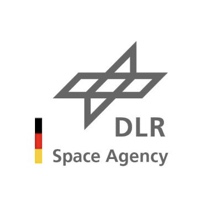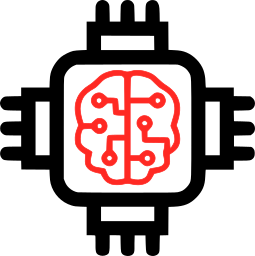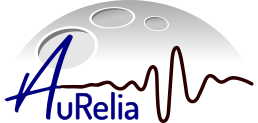
AuRelia: Autonomous and Reliable SCG-Sensor System for Human Space Exploration
Project Period: 01.08.2023 - 31.07.2025
The challenges of dealing with health sensors on lunar missions are associated with factors such as strong sensor autonomy and extremely high reliability. In AuRelia, these challenges are primarily addressed for SCG (Seismocardiography) sensors. Furthermore, AuRelia serves as a foundation for further fundamental research on SCG, as it marks the first investigation into artifact formation on SCG.
A scenario analysis for space conditions, along with thorough component selection, is undertaken to counter potential influences from cosmic radiation. A Mixed-Criticality Design is developed to mitigate effects directly at the hardware level. Data and signal processing paths are additionally secured, and mechanisms for anomaly detection, self-testing, and data encoding are combined into an FDIR (Fault-Detection, Fault-Isolation, and Recovery) system tailored to the sensor system.
Moreover, an extension for clock-synchronous fusion of acceleration and angular velocity data is implemented to enable artifact formation evaluation. The sensor is intended to be highly integrated and portable, making autonomy another key focus of AuRelia. Mechanisms to reduce power loss are developed and integrated, considering enhanced efficiency for data processing and FDIR.
Ultimately, data forwarding is established by connecting to a data sink, allowing the data to be utilized in further platforms, such as health platforms. The entire development process is continuously accompanied by technical evaluations that consider autonomy and reliability equally. Additionally, a concurrent application-specific evaluation is conducted with expertise in cardiology.
Scientifically, artifact formation is consistently considered during development and evaluations. The project concludes with early planning and execution of a parabolic flight campaign.
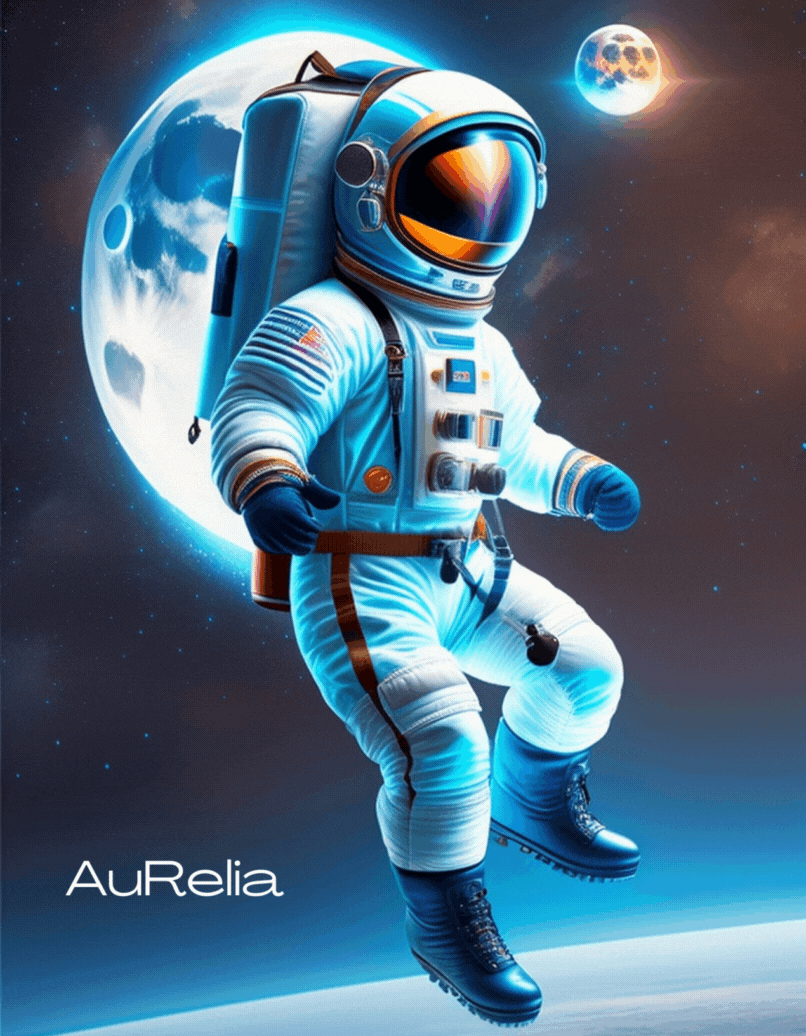
People
Publications
-
DCOSS
Conference
ISFD: Efficient and Fault-Tolerant In-System-Failure-Detection for LP FPGA-Based Smart-Sensors in Space Expeditions -
2024 20th The 20th International Conference on Distributed Computing in Smart Systems and the Internet of Things (DCOSS-IoT)2024Accepted for Publication.
[BibTex]
External Partners
We also work closely together with Universitat Bielefeld, Medizinsiche Fakultat OWL, AG Digitale Medizin and DSI Aerospace GmbH.
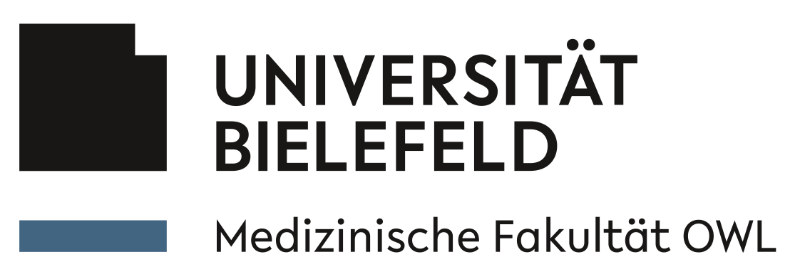
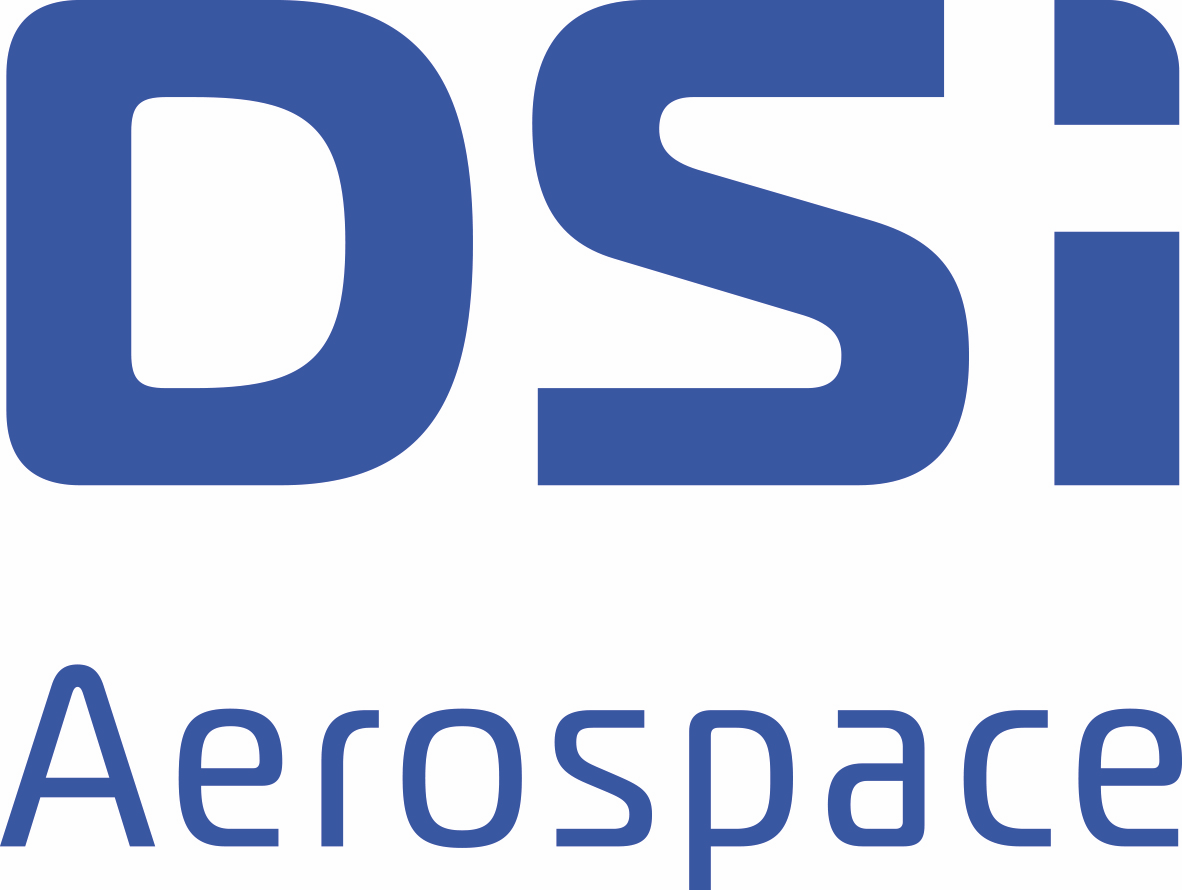
Sponsor
The AuRelia project line is funded and administered by German Space Agency at DLR, supported by the Federal Ministry for Economic Affairs and Climate Action (FKZ 50RP2350)
